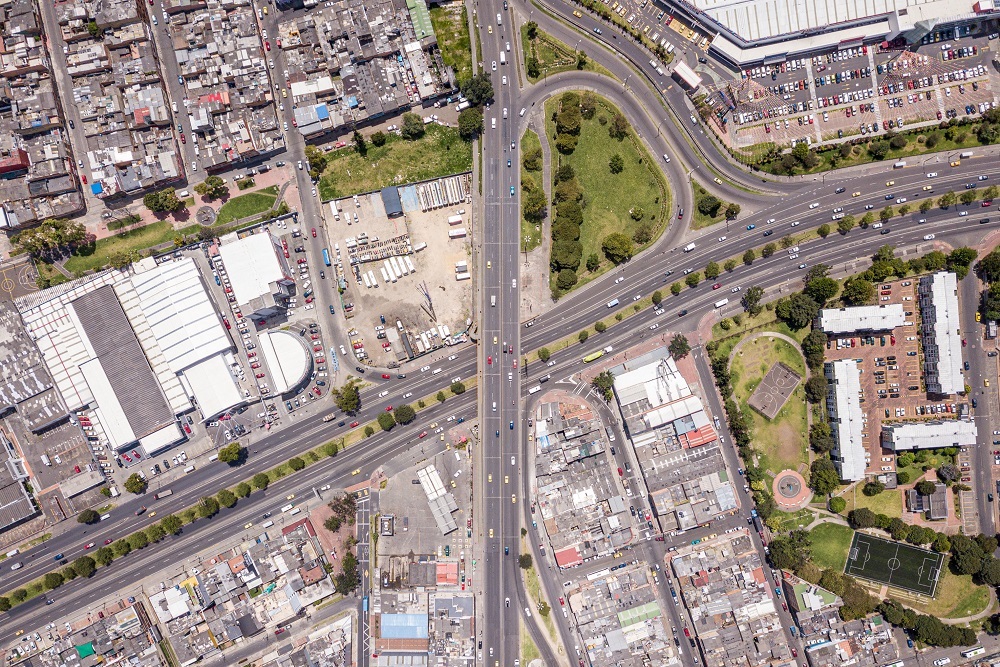Planning strives to create order and manage different competing interests (environment, social, economic, and political). In South Africa, planning contributes to the protection, promotion and partial fulfilment of the bill of rights enshrined in the Constitution of South Africa (Act 108 of 1996) i.e. environment, property, housing, health care, food, water, and social security amongst others.In line with the five (5) development principles enshrined in the Spatial Planning and Land Use Management Act (Act 16 of 2013), planning in South Africa regulate/manage development and ensure that all developments are spatially just, spatially sustainable, and promote spatial efficiency, spatial resilience and ensure good administration. All land developments are required to demonstrate how they complies with these five (5) development principles. The five (5) development principles will be discussed in detail in a separate article.
Planning in South Africa is broadly categorised into spatial planning and land use management. The Spatial Planning and Land Use Management Act (Act 16 of 2013) intentionally/unintentionally reveals this distinction in the Preamble:
“To provide a framework for spatial planning and land use management in the Republic, to specify the relationship between the spatial planning and the land use management system and other kinds of planning…”
Spatial planning is associated with forward planning that entails the compilation of frameworks, policies and plans in order to guide future land developments. The land use management is mainly focused on the administration of the land use schemes (previously known as the town planning schemes) and development control. Planning departments in most, if not all metropolitan and local municipalities in South Africa, have a separate directorate(s) that specialise in both spatial planning and land use management. For instance, at the City of Johannesburg Metropolitan Municipality, the Department of Development Planning has various directorates inclusive of the City Transformation and Spatial Planning (which focus on spatial planning) and the Land Use Management (which specialises in adjudicating land development applications and managing land use management systems).Therefore, planners in metropolitan municipalities normally end up being specialists’ planners. In other municipalities, there is no clear distinction between spatial and land use management directorates, and the planners in these municipalities are exposed to all different facets of planning. Planners in the private sector, depending on their expertise, are normally appointed to prepare spatial frameworks on behalf of the government (central, provincial, and municipalities) and are appointed by developers and landowners to submit land use development applications to municipalities for consideration.
The planning profession in South Africa is regulated by the South African Council for Planners (SACPLAN: https://sacplan.org.za/) in terms of the Planning Profession Act, 2002 (Act 36 of 2002). There are different scales of planning in South Africa, namely: national, regional, provincial, district, city/municipality, and neighbourhood/precinct level. Thus, the term(s) regional planning and town planning etc reflects the different scales of planning.
Based on my +10 years of professional planning experience in private and public sector planning this platform seeks to detail my journey/experiences as a planner and property practitioner in Zimbabwe, Namibia, and South Africa and offer practical guidance and support to fellow young planners, developers, estate agents, landowners and anyone with a passion in urban development and management.

